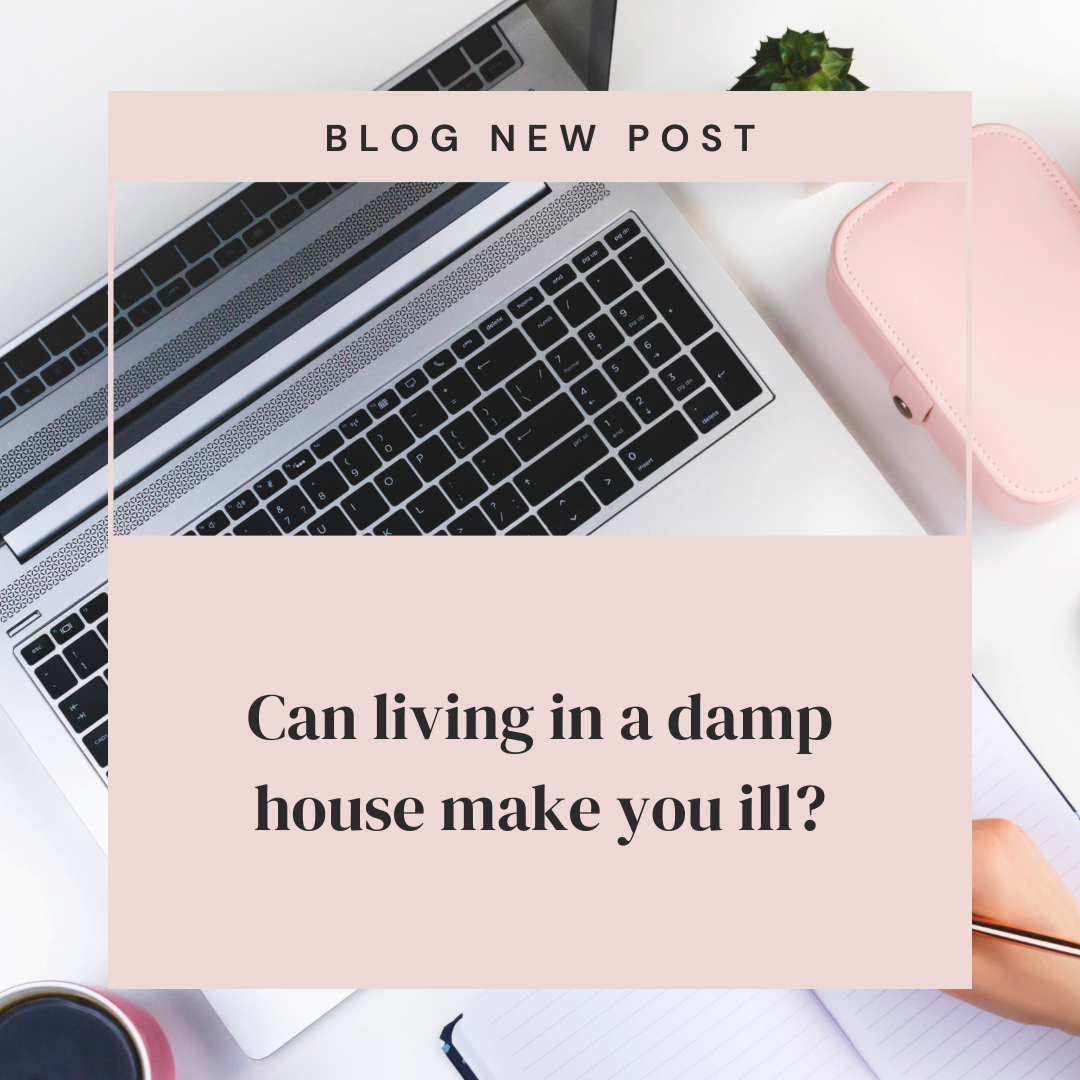Can living in a damp house make you ill?
Can living in a damp house make you ill? Yes, living in a damp house can make you ill. Dampness can cause mould growth, and mould can produce allergens, irritants, and toxins that can trigger a range of health problems, including:
- Respiratory problems, such as asthma, allergies, and bronchitis
- Skin problems, such as eczema and dermatitis
- Eye problems, such as conjunctivitis
- Headaches and migraines
- Fatigue and lethargy
- Mental health problems, such as anxiety and depression
Dampness can also worsen existing health conditions, such as asthma and heart disease.
Who is most at risk?
People who are most at risk of health problems from dampness include:
- Babies and young children
- Older adults
- People with weakened immune systems
- People with chronic health conditions, such as asthma and heart disease
What are the signs of a damp house?
Some signs of a damp house include:
- Visible mould or mildew
- A musty smell
- Condensation on windows and walls
- Damp patches on walls and ceilings
- Peeling wallpaper
- Rotting wood
What can you do if your house is damp?
If you think your house is damp, it is important to take action to fix the problem. This may involve:
- Identifying and repairing the source of the dampness, such as a leaky roof or damaged gutters
- Improving ventilation in your home
- Installing a dehumidifier
- Cleaning up any mould growth
If you are unable to fix the dampness yourself, you should seek professional help.
How to prevent dampness in your home
There are a number of things you can do to prevent dampness in your home, including:
- Keeping your home well-ventilated
- Avoiding drying clothes indoors
- Repairing any leaks as soon as possible
- Using a dehumidifier in humid areas
- Insulating your home properly
- Heating your home regularly
Conclusion
Living in a damp house can make you ill, so it is important to take action to fix the problem if you think your house is damp. You can prevent dampness in your home by keeping it well-ventilated, repairing any leaks, and using a dehumidifier in humid areas.
Important links
Housing Disrepair Advice: https://housingdisrepairadvice.org/contact
Housing Ombudsman: https://www.housing-ombudsman.org.uk/
